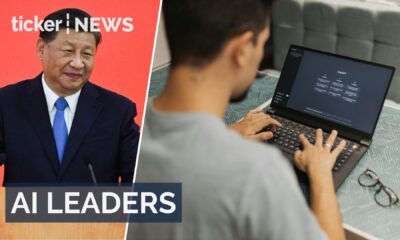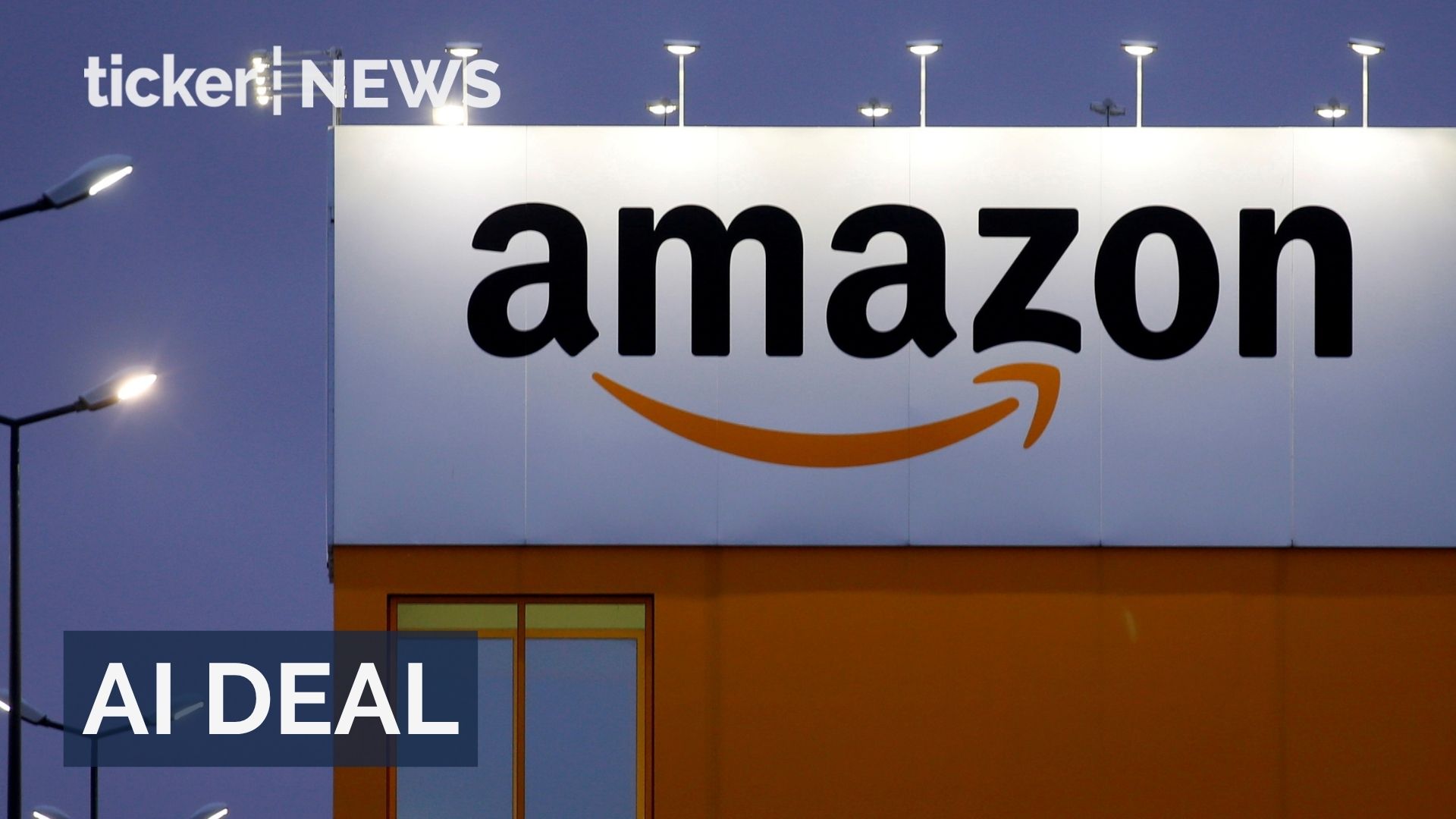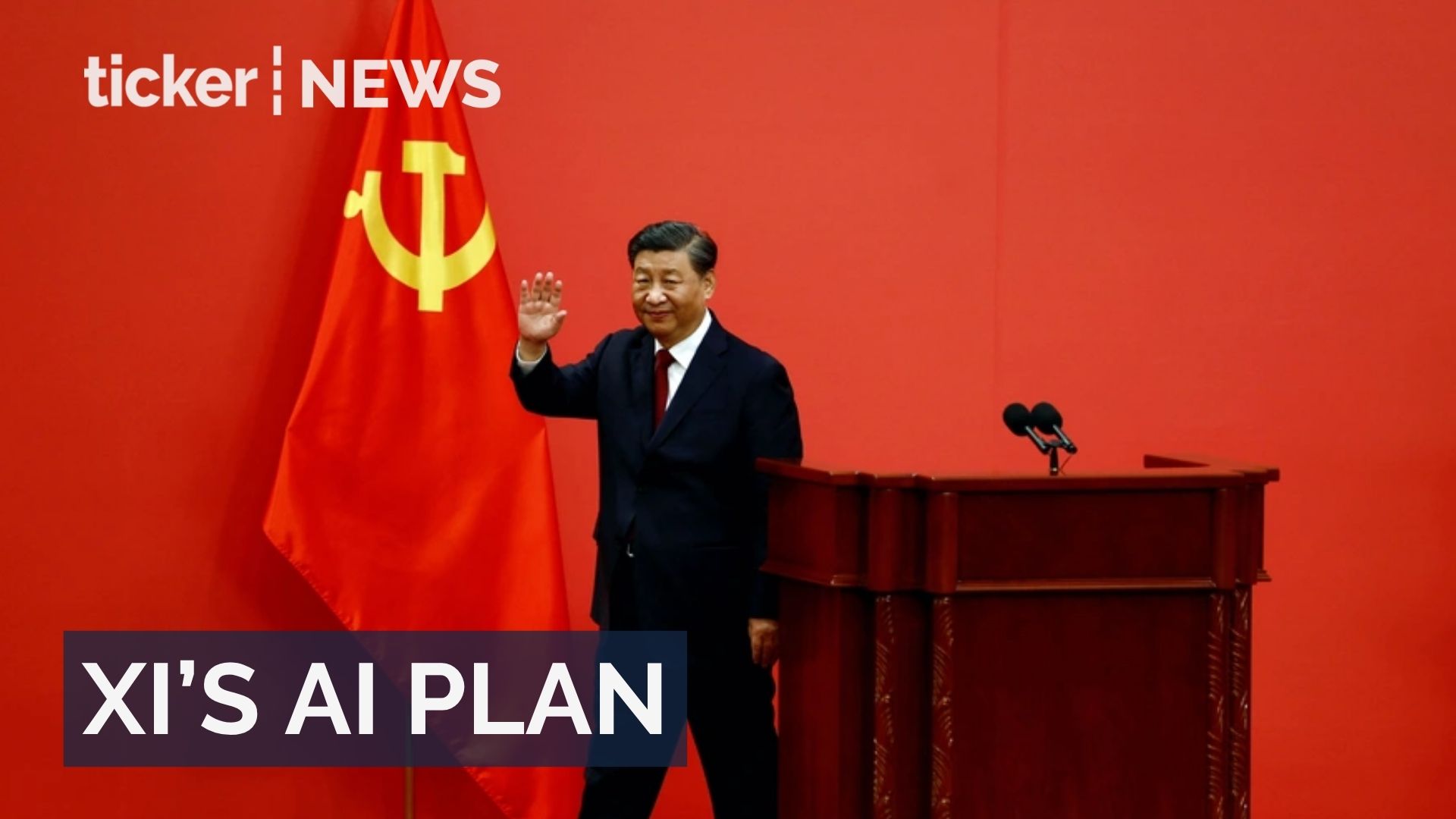Tech
Tech giants continue layoffs after “year of efficiency”


Tech
Apple postpones iPhone Air sequel due to poor sales
Apple delays iPhone Air 2 indefinitely after lacklustre sales of first model
Tech
Tech giants’ $47 billion AI infrastructure deals announced
Tech giants commit $47.7 billion to AI deals as demand for computing power soars and market diverges
Tech
Xi proposes global AI governance at APEC summit
Xi proposes global AI governance body at APEC, positioning China as trade alternative to US and promoting green technology circulation
-



 Tech2 days ago
Tech2 days agoApple postpones iPhone Air sequel due to poor sales
-



 Shows3 days ago
Shows3 days agoFuture of livable cities: insights from Ludo Campbell-Reid
-



 Shows3 days ago
Shows3 days agoCo-living revolutionizes affordable urban living in UK
-



 News2 days ago
News2 days agoThe Greens win Senate backing on CGT inquiry
-



 News3 days ago
News3 days agoChina leads world in AI and 6G patents
-



 News3 days ago
News3 days agoKazakhstan joins Abraham Accords in surprise diplomatic shift
-



 Shows3 days ago
Shows3 days agoWater infrastructure investment essential for Australia’s future growth
-



 Shows3 days ago
Shows3 days agoHow London is attracting global investment and staying competitive











